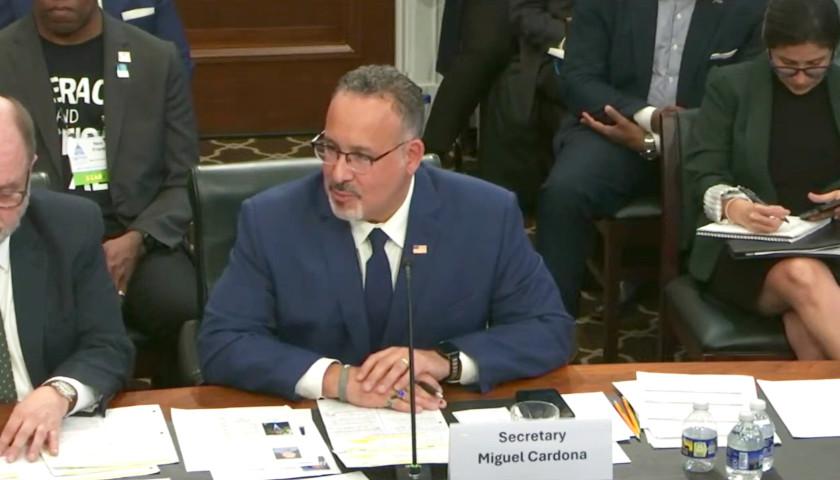The appointment of Tennessee’s attorney general is a process unique to this state.
The attorney general is appointed by the Tennessee Supreme Court and is the only state attorney general that is a member of the judicial branch, not the executive branch.
Most states elect their attorneys general via popular statewide vote. Forty two elect them to four-year terms and Vermont elects theirs to two-year terms.
Washington, D.C., Guam, and the Northern Mariana Islands also elect their attorneys general for a four-year term.
Seven states do not hold elections for attorney general, including Tennessee. The attorneys general of Alaska, Hawaii, New Hampshire, New Jersey, and Wyoming are appointed by the state governor. The attorney general is appointed by the state legislature for a two-year term in Maine.
The current Tennessee attorney general is Herbert Slatery, who is not seeking a second eight-year term.
The office of attorney general in Tennessee is thought to be amongst the highest-prized jobs to have in the state by government insiders. The attorney general serves an eight-year term and is unaccountable to the voters of Tennessee.
The Tennessee Star previously reported that the state supreme court is likely to appoint a new one this year via a public application and hearing process in a similar manner to the one it used in 2014 to appoint Attorney General Herbert Slatery.
Slatery’s appointment included a public solicitation for applications and a public hearing process prior to a vote by the Tennessee Supreme Court. Candidates seeking the position had to complete and submit an application and other supporting materials by a publicly specified deadline. The court then notified the finalists who continued on in the selection process.
Candidates had 10 minutes to speak on their own behalf but could yield all or a portion of that time to someone else to speak for them if they so chose.
In 2014, the public had the opportunity to express opinions about the applicants. Candidates then had public interviews with members of the court that lasted roughly 15 minutes.
As counsel to then-Governor Bill Haslam, Slatery was a high-ranking member of the governor’s administration prior to his appointment. Observers believe that connection led, at least in part, to his appointment by the state supreme court.
Slatery recently made waves when he refused to withdraw from the politically left-leaning National Association of Attorneys General (NAAG).
Sources tell The Star that Brandon Gibson, a high-ranking official in Governor Lee’s administration, is considered to be a top contender for the post. Gibson serves as the Chief Operating Officer for the state, an appointment that was announced in May of 2020.
Her biography on the Tennessee government website reads:
Prior to joining Governor Lee’s administration, Gibson served on the Tennessee Court of Appeals for over four years after being appointed to the court by Governor Bill Haslam. She served as the chair of the Board of Judicial Conduct and co-chaired the Tennessee Bar Association’s Public Service Academy and Leadership Law program.
Prior to her service on the court, she practiced law in West Tennessee. A native of Dyersburg, Gibson earned her bachelor’s degree and master’s degree in agribusiness from Mississippi State University and her law degree from Southern Methodist University.
Gibson serves on the board of directors of the Governor’s Books from Birth Foundation and on the advisory council of Leadership Tennessee.
Michael Anastasi of The Tennessean and USA Today Network serves with Gibson on the board of directors of Leadership Tennessee.
Sources characterize Gibson to The Star as a “political opportunist who has no conservative core and will disappoint the Republican party base more than Slatery has.”
– – –
Aaron Gulbransen is a reporter at The Tennessee Star and The Star News Network. Email tips to [email protected]. Follow Aaron on GETTR, Twitter, and Parler.








